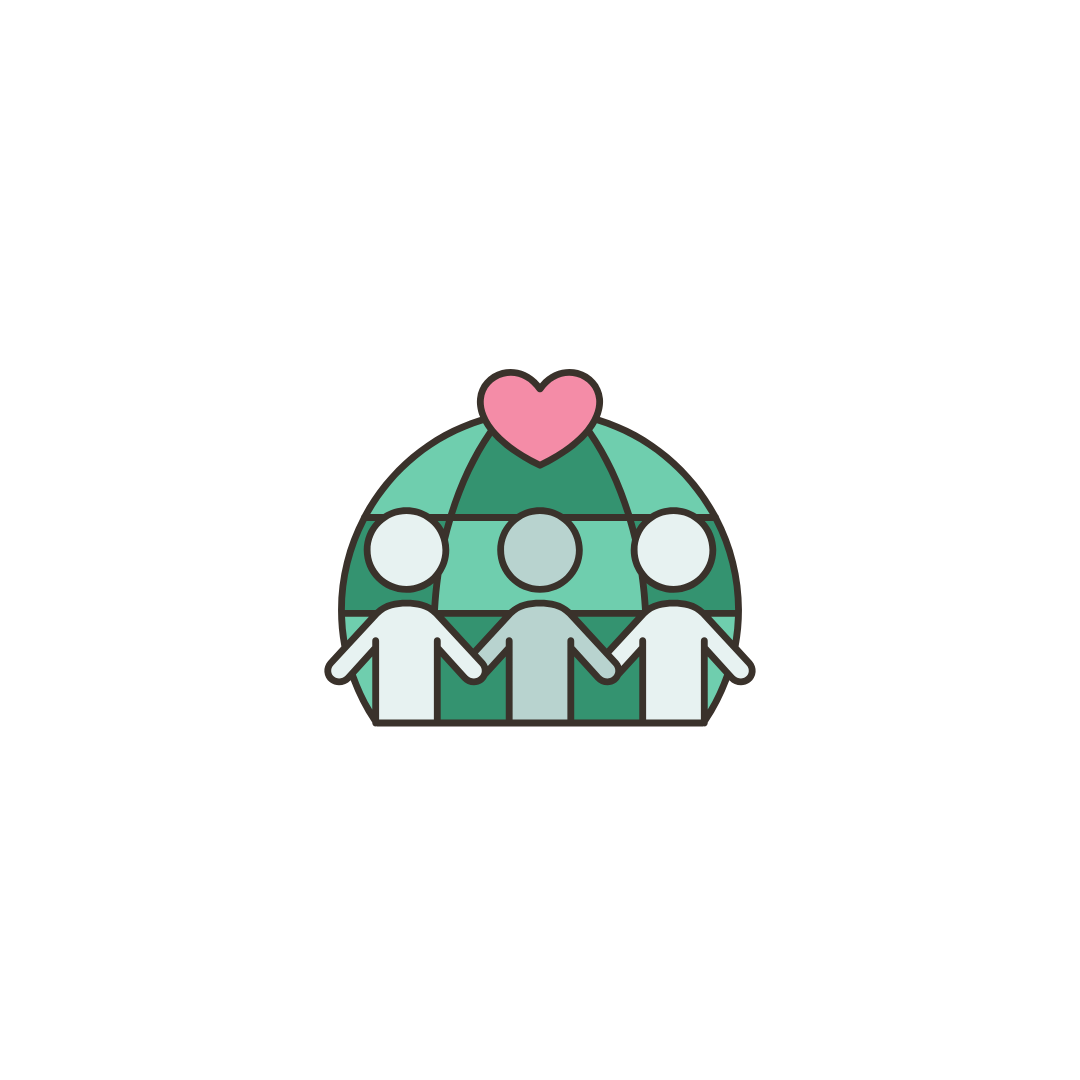How to Get Involved in Helping People with OCD
Introduction
Obsessive-compulsive disorder (OCD) is more than the stereotype of being “extra clean” or “super organized.” It’s a serious mental health condition that can be exhausting, isolating, and misunderstood. Millions of people worldwide live with OCD, and while treatment exists, stigma and shame often prevent individuals from seeking help.
But here’s the good news: you can make a difference. Whether you’re a friend, a family member, a professional, or simply someone who cares, there are many ways to support people with OCD and contribute to the broader movement of awareness, advocacy, and compassion.
This blog will explore practical, meaningful ways to get involved in helping people with OCD—ranging from everyday acts of kindness to larger advocacy and volunteer efforts.
Why Helping Matters
Living with OCD often feels incredibly lonely. Many people keep their struggles hidden because they fear being misunderstood or judged. Even when they do open up, they might hear responses like:
“I’m a little OCD too.”
“Just stop thinking about it.”
“Why don’t you just relax?”
These comments, while often well-intentioned, minimize the reality of OCD. Real help goes beyond clichés—it acknowledges the struggle, reduces stigma, and provides tangible support.
By getting involved, you not only help individuals feel less alone, but you also become part of changing the larger conversation about OCD.
Everyday Ways to Support Someone with OCD
Helping doesn’t always mean starting a campaign or joining an organization. Sometimes, the most powerful acts are the simplest:
1. Listen Without Judgment
When someone with OCD shares their thoughts or struggles, just listen. Resist the urge to “fix” or dismiss their worries. Validation (“That sounds really hard”) can go a long way.
2. Learn About OCD
Educate yourself about what OCD really is. Understanding that intrusive thoughts are not choices—and that compulsions are driven by anxiety—helps you respond with compassion instead of confusion.
3. Avoid Feeding Compulsions
It’s natural to want to reassure someone (“Yes, you washed enough,” “No, you won’t get sick”), but constant reassurance can strengthen OCD. Instead, gently encourage treatment strategies like Exposure and Response Prevention (ERP).
4. Respect Their Journey
Recovery is not linear. There will be good days and setbacks. Showing patience and staying supportive through the ups and downs makes a big difference.
5. Normalize Conversations About Mental Health
Talking openly about OCD reduces stigma. Whether in your family, workplace, or social group, normalizing these conversations creates safer spaces for people to share.
Volunteer Opportunities
If you want to go beyond personal support, volunteering is a powerful way to contribute. Here are some options:
1. Partner with OCD Advocacy Organizations
Groups like the International OCD Foundation (IOCDF), NOCD, and other local nonprofits often need volunteers for events, outreach, and education.
2. Support Peer Communities
Online forums and peer-led support groups often welcome volunteers to help moderate, organize meetings, or share resources.
3. Fundraising Events
Many organizations host walks, awareness weeks, and campaigns where volunteers help raise funds for treatment research and community programs.
4. Offer Skills-Based Support
Are you a writer, graphic designer, or speaker? Many nonprofits need help with blogs, awareness campaigns, or event promotion. Your skills could amplify the message.
Advocacy: Changing the Conversation About OCD
Helping people with OCD also means working to reduce stigma and spread awareness. Advocacy can be big or small:
1. Share Accurate Information
Use your social media to share articles, graphics, or stories that represent OCD truthfully. Avoid using “OCD” as a joke or adjective, and challenge it when others do.
2. Write or Speak Out
Write blog posts, op-eds, or give talks about OCD. Highlight the difference between stereotypes and reality. Personal stories are especially powerful for breaking down stigma.
3. Promote Awareness Days
Participate in events like OCD Awareness Week (usually in October). Use hashtags, share resources, and help amplify campaigns that spread understanding.
4. Advocate for Access to Treatment
Many people with OCD struggle to access specialized care. Supporting legislation, funding initiatives, or nonprofit programs that increase accessibility can create systemic change.
Professional Paths to Helping
If you feel called to work with OCD in a more formal way, there are professional opportunities:
1. Mental Health Professions
Therapists, psychologists, social workers, and psychiatrists can pursue training in evidence-based treatments like ERP to specialize in OCD care.
2. Coaching and Peer Support
Some organizations train peer specialists or coaches who use lived experience to guide others through recovery.
3. Education and Research
Teachers, researchers, and educators can focus on OCD—developing better interventions, teaching about mental health, or working with young people to build awareness.
How to Be a Supportive Ally
Even if you aren’t in a professional role, you can still be an ally:
Challenge stereotypes when you hear them.
Encourage treatment if someone you love is struggling.
Model vulnerability by being open about your own mental health challenges.
Celebrate progress—no matter how small—for people working through OCD.
Being an ally doesn’t mean you have to have all the answers. It simply means standing alongside people with empathy and respect.
Personal Stories: The Power of Support
Many people with OCD describe the difference support has made in their lives:
“I thought I was broken until a friend told me my intrusive thoughts didn’t make me a bad person. That moment gave me hope.”
“My partner stopped giving me reassurance, but stayed with me as I faced exposures. It was hard, but it helped me recover.”
“Volunteering for OCD Awareness Week showed me I wasn’t alone—and that I could be part of something bigger.”
These stories highlight a simple truth: help doesn’t have to be perfect to be powerful.
Practical Steps to Get Started
If you’re inspired to help but aren’t sure where to begin, here are some concrete first steps:
Educate yourself with books, podcasts, or webinars about OCD.
Have a conversation with a friend or family member about mental health.
Follow OCD organizations on social media and share their resources.
Sign up to volunteer with a local or online group.
Donate or fundraise to support treatment and awareness initiatives.
Speak up when you hear OCD misused or minimized.
Even one small action can create ripples of change.
Conclusion
Helping people with OCD is about more than providing resources—it’s about offering hope, reducing stigma, and reminding others that they are not alone. From everyday listening to volunteering with national organizations, there are countless ways to make a difference.
You don’t need to be a mental health professional to have an impact. You just need compassion, curiosity, and the willingness to show up.
Because at its core, helping people with OCD isn’t just about reducing symptoms—it’s about restoring connection, dignity, and the belief that recovery is possible.
If you’ve been wondering how to get involved, the best time to start is now. Every act, no matter how small, contributes to building a world where people with OCD feel seen, supported, and understood.

